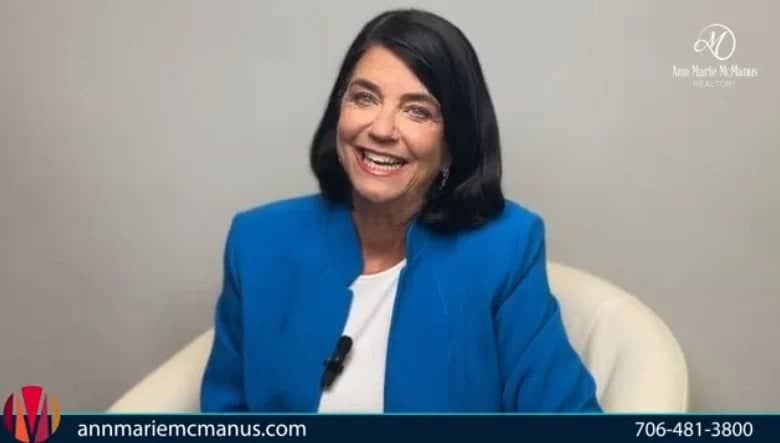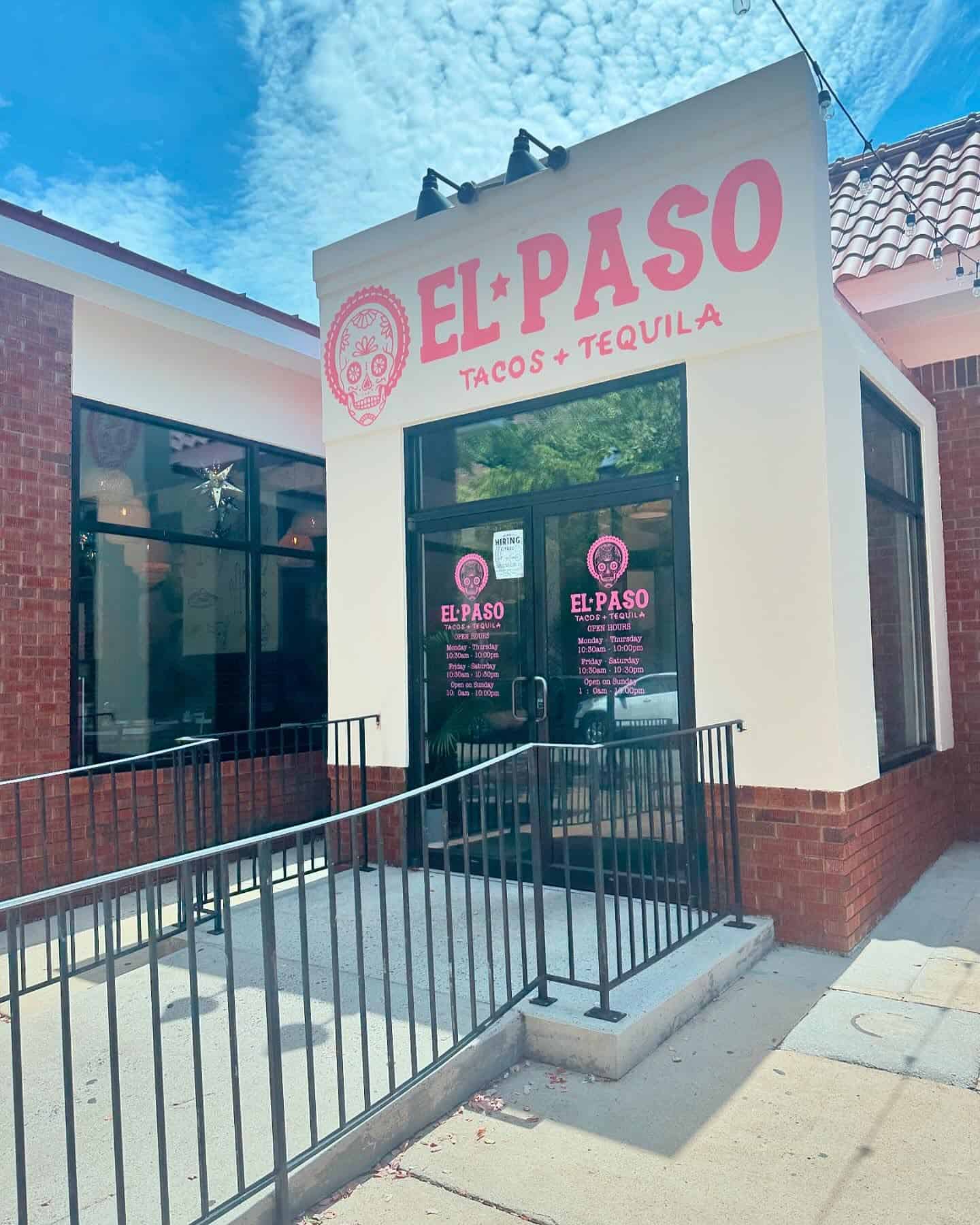
Dr. Rick Franza, Professor of Management at the Hull College of Business, discusses a different, timely business topic each Monday in this column. This week, he gives tips for being prepared for an unexpected crisis or shutdown. The interview has been edited for clarity and impact.
ABD: We’re hearing rumbles that a new variant of COVID might cause the government to reinstitute shutting down some businesses. Since 2020 is still fresh in our memories, what are some things businesses should do now to prepare, just in case?
Rick: The umbrella thing everyone should be doing is putting a risk management plan in place. For each potential risk, whether it’s COVID-19 or a government shutdown, identify the risk, the probability of that risk, the potential impact of that risk, and have a risk mitigation plan in place for that risk.
When you do something like that, you’ll have some risks that are a low probability with a low impact, and you won’t worry too much about those, but if it’s a high probability with a high impact, you want to take care of it. The trickiest one is the low probability with a high impact, which is things like a government shutdown. That’s probably lower than it was before, but it is possible.
ABD: Low probability with a high impact seems like what we experienced in 2020. How much does it help in planning, when that’s still a fresh memory for us?
Rick: Before COVID happened in 2020, I’m not sure that was on anybody’s risk management plan. The good news is that we learned a lot of things, so we should have a good arsenal of what to do based on what we did last time. Restaurants, for example, should have an easier time going to a take-out-oriented setup. So, some of the things we did should be able to be put into place quickly.
ABD: What are some general things businesses should do, whether another shutdown happens or not?
Rick: One is maintaining a cash reserve – for both your business and individually – to deal with potential slowdowns. It’s scary that many people can’t even handle a $400 emergency, so you should have an emergency fund in place.

Second, if we look at a COVID-type situation when supply channels were cut off, is increasing your supplier base – have alternate suppliers in place. And it’s always important to have a good relationship with your suppliers. Try to be one of their best customers – pay your bills on time and get orders in on time. That may get you some preferential treatment in an emergency. But you need to have that in place now; you can’t just start being a nice guy when an emergency hits.
Along with that is maintaining a good relationship with your customers. When things are tight is when they start prioritizing where they do business. During these times, don’t go into your shell. This is when you should be marketing harder. If you’ve built up a good supply of cash, now is the time to market your product while everyone else is suffering. It’s a good time to pick up more customers.
ABD: A lot of this advice shows the importance of thinking ahead and doing business well.
Rick: Part of mitigating a crisis is playing the long game. It’s just doing business well. Being a good citizen and business partner will give you a better chance of surviving when things are not going well.
ABD: In the past three years, we’ve seen a number of businesses struggle to find enough employees and to keep up with inflation. What effect would those things have if there is another shutdown?
Rick: The job market is starting to loosen. Where the employees held the dominant position, it’s changing back. We’re seeing employment back at similar levels it had been.
But things can become very sticky if we have a confluence of things that require different fiscal and money policies. We got through COVID by increasing spending that caused inflation and then through inflation by increasing interest rates. But we run into danger if the government fiscal policy is more spending, then the Federal Reserve says they need to raise the interest rates.
Anytime that happens, the situation gets Darwinistic – survival of the fittest. That’s why a risk management plan is so important.
ABD: We were fortunate in Georgia that we never had shutdowns as strict or as long as other states. Is that a good sign for us should another shutdown happen?
Rick: It clearly worked out for the states that didn’t go into total shutdown and opened sooner, that they were able to come out of it sooner. What Georgia has demonstrated is, not just with COVID, but with the voting situation, it has been very pragmatic and let the data do the talking. I’m impressed that Governor Kemp didn’t kowtow to one side or the other. That should give people confidence. I think it shows that the right answer isn’t always the political party’s answer.
ABD: So, the bottom line is, being proactive rather than reactive is the best hedge against the unexpected?
Rick: It’s much easier to make plans before a crisis happens than during it. But human nature is to be reactionary. These things are difficult to deal with because it’s hard to anticipate what will happen. Whatever happens, won’t be an exact match to your plan, but a plan helps you adapt more quickly. Sometimes there are no easy choices.
Look at where your vulnerabilities are and how you could recover from a crisis. Remember: Hope is not a plan.










